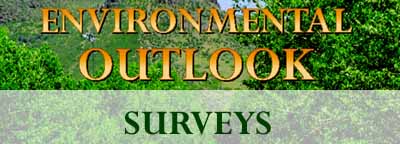
Intertox
Specialty: Toxicology, pharmacology, indoor air quality, litigation support, environmental risk, microbiological assessment
Management: Richard Pleus, director; Patricia Klimek, business manager; William Coleman, director of business development; John Leder, senior project manager
Founded: 1995
Headquarters: Seattle
2004 Revenues: $1.8 million
Projected 2005 Revenues: $2.2 million
Current projects: Investigating potentially dangerous air in hay silos for the Department of Labor & Industries; herbicide studies for WSDOT; fluoridated water studies for the Washington Dental Foundation; writing safe exposure guidelines for workers at Hanford
Intertox Director Richard Pleus says as the nation, world and planet develop there is always tension. New chemicals are getting made to enhance our lifestyles, but they could have detrimental effects.
Chemical and biological agents are in food, consumer products, therapeutic agents, the workplace and the environment. All of these are toxic to some degree, Pleus says, and Intertox’s team calculates just how much exposure causes health problems.
A carpet made with a chemical to kill bacteria might sound like a good idea, but scientists like those at Intertox need to see that those bacteria-killing agents don’t cause their own health-related problems.
Seeking new faces
Intertox has 12 employees, but plans to expand its technical team in the next year. People trained in toxicology will be sought, especially those with expertise in chemistry and pharmaceuticals. Intertox hired new management staff last year.
Nanoparticles
Nanoparticles haven’t been studied in the past, Pleus says. These extremely fine particles are used for all kinds of consumer products, and Intertox is just starting to study these kinds of chemicals more.
Going global
Pleus said as a businessman and a scientist he’s seen his company follow each path he intended it to. Bolstering work in the areas the company’s already focused on is part of the future plan, but so is getting more work abroad. In the next 10 years and further out, he said he’d like to see his company do more international work, which it is starting to do.
For example, Intertox is working with the French Society of Forestry to come up with mitigation and conservation banking policies in France. Scientists use their knowledge in ecological economics and mitigation science to help create plans.
Pleus said he is starting to show toxicologists in South Africa how they can measure health-related risks from exposure, and wants to do more with governments in the Bahamas and in Europe.